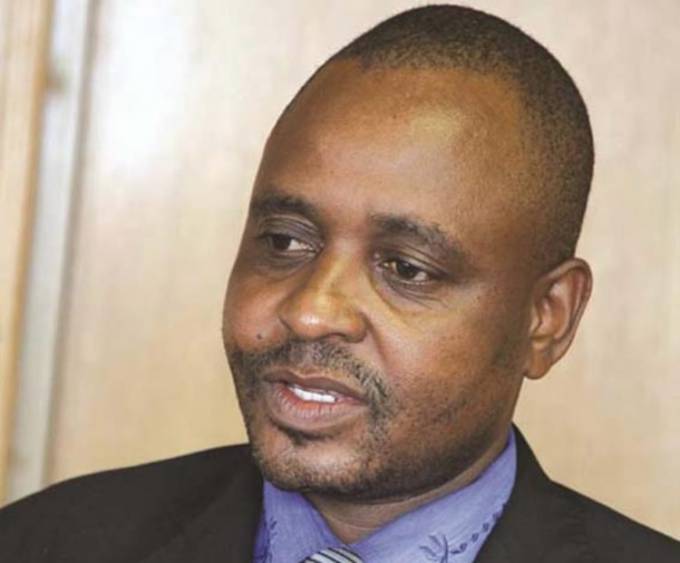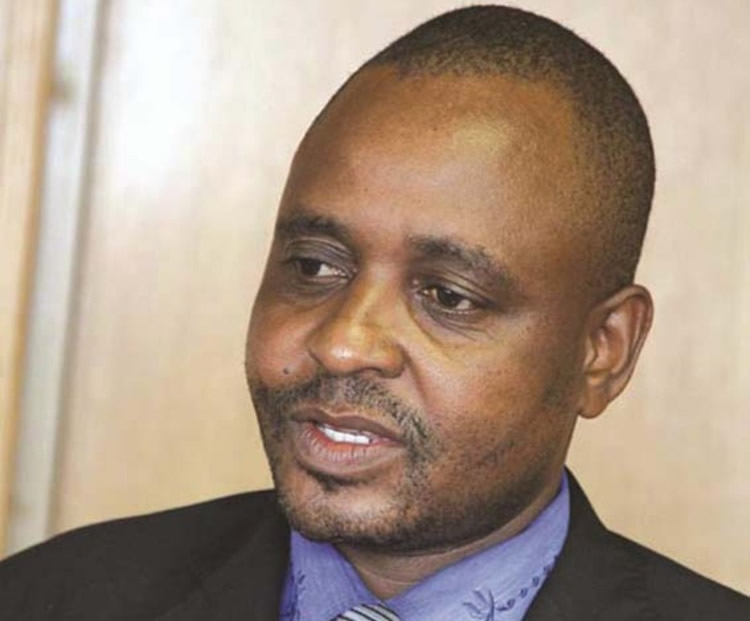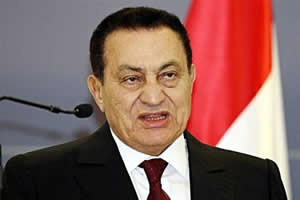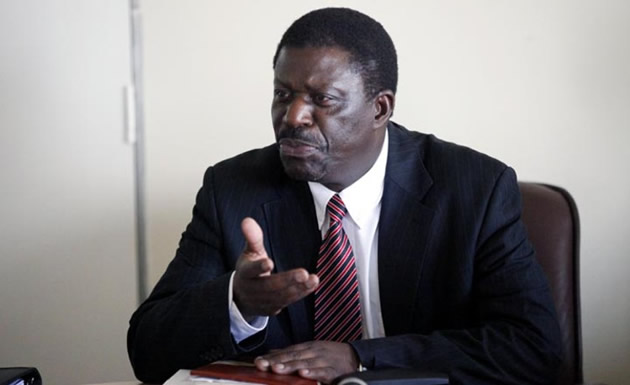Zifa to host CAF club indaba

Petros Kausiyo Deputy Sports Editor
ZIFA have stepped up efforts to help local sides attain professionalism in their administration with the Association hosting a two-day Confederation of African Football Club Licensing seminar for the Premiership teams which begins in Harare today.
A lot has been said about the top-flight teams improving their governance systems in order to attain the professional levels that are much hyped about but virtually non-existent on the domestic front.
But in the next two days, it will be serious business at a Harare hotel as the PSL governors will take part in a seminar in which CAF have sent a three-member crew that includes South African Football Association chief executive Dennis Mumble, Zambian Honour Janza and Maxwell Mtonga of Malawi to lead in the discussions that should help turn around the fortunes of the local clubs.
ZIFA president Philip Chiyangwa is expected to set the tone for the deliberations when he officially opens the indaba this morning.
Chiyangwa has always been keen on seeing local football unlock the value that its potential richly deserves and the ZIFA boss knows that once there is vibrancy in the PSL it would cascade to the lower leagues.
The team that CAF have also assembled for the seminar has diverse talents that should help give direction to local clubs, some of whom are still very amateurish in their operations and have to rely solely on gate takings for revenue inflows. Mtonga is a CAF Infrastructure instructor, Janza is an accredited CAF Sports criteria instructor while Mumble is a CAF Administration Instructor, legal and finance expert.
It is also against the background of the seriousness that ZIFA are attaching to the seminar that the association’s chief executive Jonathan Mashingaidze said they have made it mandatory for all the 16 top teams to attend.
“The association is ready to implement club licensing to the fullest as we believe it the way to go in turning professional in our football from club to national level hence we have made it mandatory for every club to be represented,’’ Mashingaidze said.
Mumble who previously worked as the chief operations officer for the 2010 World Cup staged in South Africa, yesterday spoke about their mission to Zimbabwe.
“We are here in Zimbabwe to facilitate the Club licensing process. We want to help our sister football federation to professionalise and take football to another level,” Mumble told www.zifa.org.zw <http://www.zifa.org.zw>
The SAFA chief executive also stressed on the significance of the development of any country’s game.
“Premier Soccer League Clubs are key pillars of professional football.
“We will share with the Premier Soccer League Clubs the best practices and enlighten them on principles enshrined in the Club licensing regulations and how they should be implemented”, said Mumble. The Club Licensing System is based on five key tenets which are sporting, personnel and administrative, financial, infrastructure and legal.
A template of the Cub Licensing tenets outlines how each one of them helps the game when implemented:
Sporting criteria — This means that Clubs should never exist without supporting sides. Each Club should have a reserve side and youth or junior teams. The development strategy of a particular side should be clear. Head Coaches of Premiership clubs should be qualified. Under these criteria, the national association and in this case, ZIFA should establish a youth league like the Under-17 league and ensure that such a league becomes more competitive.
Administrative and Personnel criteria — This important pillar deals with having key and qualified personnel for day to day operations of the club. For example Clubs must employ general managers or chief executive officers, Media or communications officer, marketing officer, security officer medical staff.
Clubs should have established offices and with vibrant communication lines. A club should have the same structure with a national football association.
Infrastructure criteria — For purposes of affiliation with the Premier Soccer League, a club should produce evidence like a lease agreement that it has been allowed to use a stadium for competition matches. Such stadia should meet basic requirements of such are like the VIP lounge, media centre, media tribune. This criteria dictates that national associations have to encourage their respective governments to play a major role in upgrading facilities. This criteria also mentions of a ‘flexible arrangement’ where a maximum of four teams can share the same venue.
Financial criteria — A club must be in possession of audited books of accounts and finances to compete in league and cup competitions. These audited books of accounts should be ratified by members of the club.
Legal criteria — A club has to exist as a legal entity and registered with the appropriate authorities. In this regard a club should have statutes and a constitution registered with the league or Association’’.
To show their commitment to implementing the club licensing system, ZIFA have also amended their constitution to factor in a clause that covers this new phenomenon. This is provided for in Article 70 of the ZIFA constitution which states that;
“The Executive committee of ZIFA will set up regulations regarding a cub licensing system governing the participation of clubs in competitions of ZIFA’’.
For Dynamos president and PSL chairmanship election candidate, Kenny Mubaiwa, today’s indaba will also act more as a de javu after his club was named among the elite 36 teams on the continent which CAF chose to spearhead the process at a club licensing and professionalism conference in Cape Town two years ago.
At that Cape Town CAF wanted Dynamos and 36 other top teams to pioneer the new club licensing policy and draw a road map which the rest of the African sides would then follow.
DeMbare were Zimbabwe’s sole representatives at that indaba where Mubaiwa was among the club chiefs who made presentations on selected topics during which the club bosses were also invited to exchange views on the best way to effectively institute club licenses, and to take into consideration every national context.










Comments